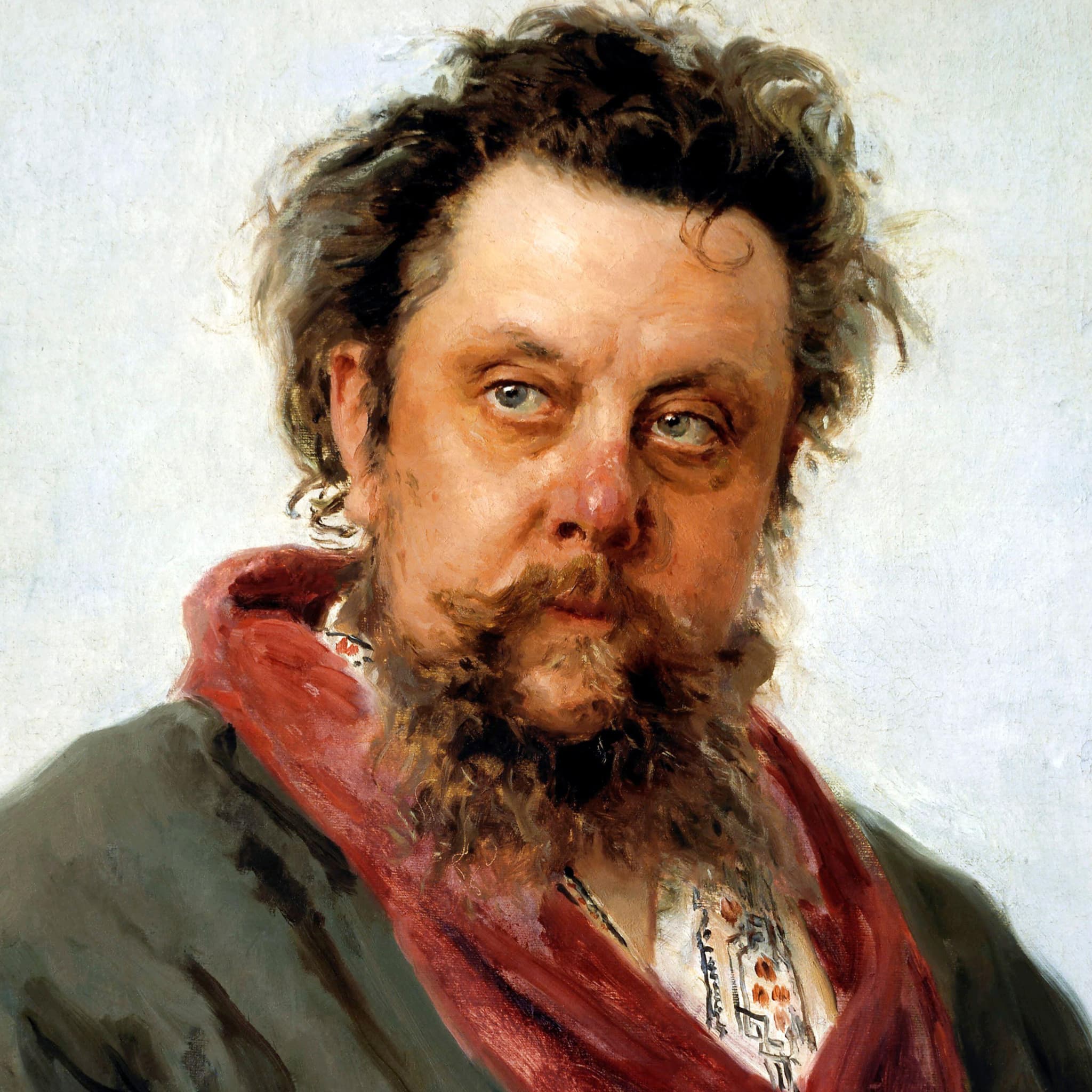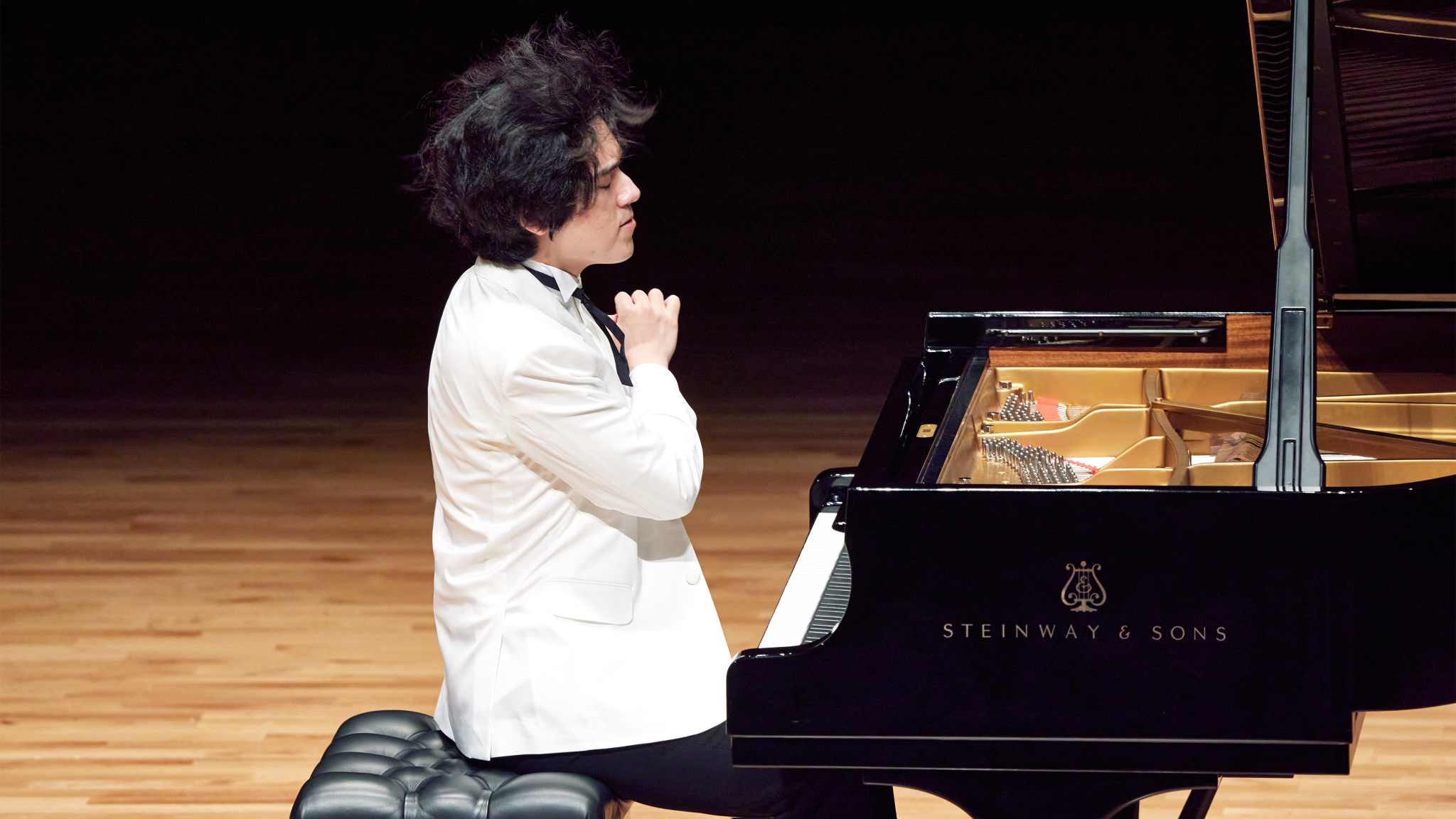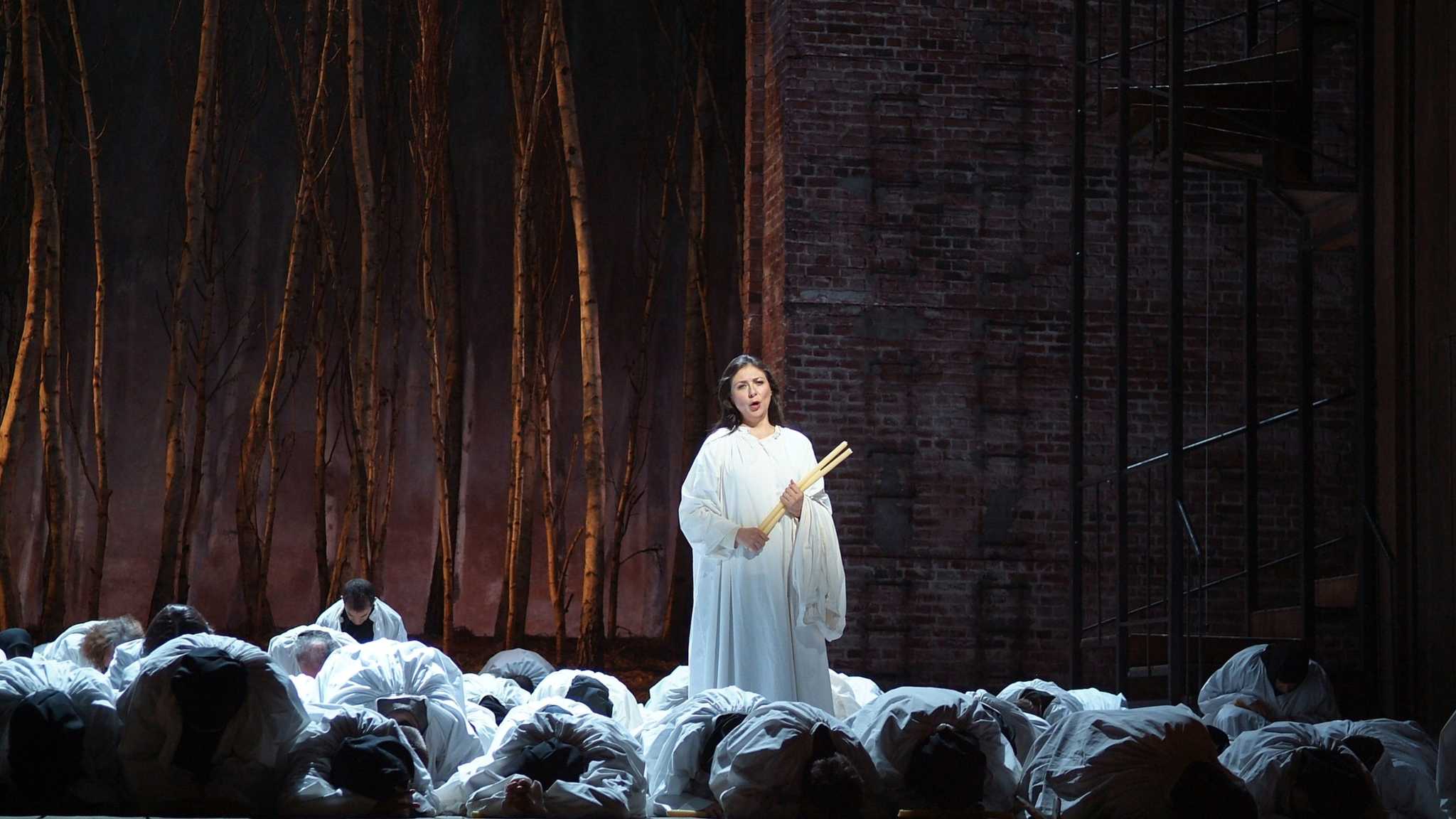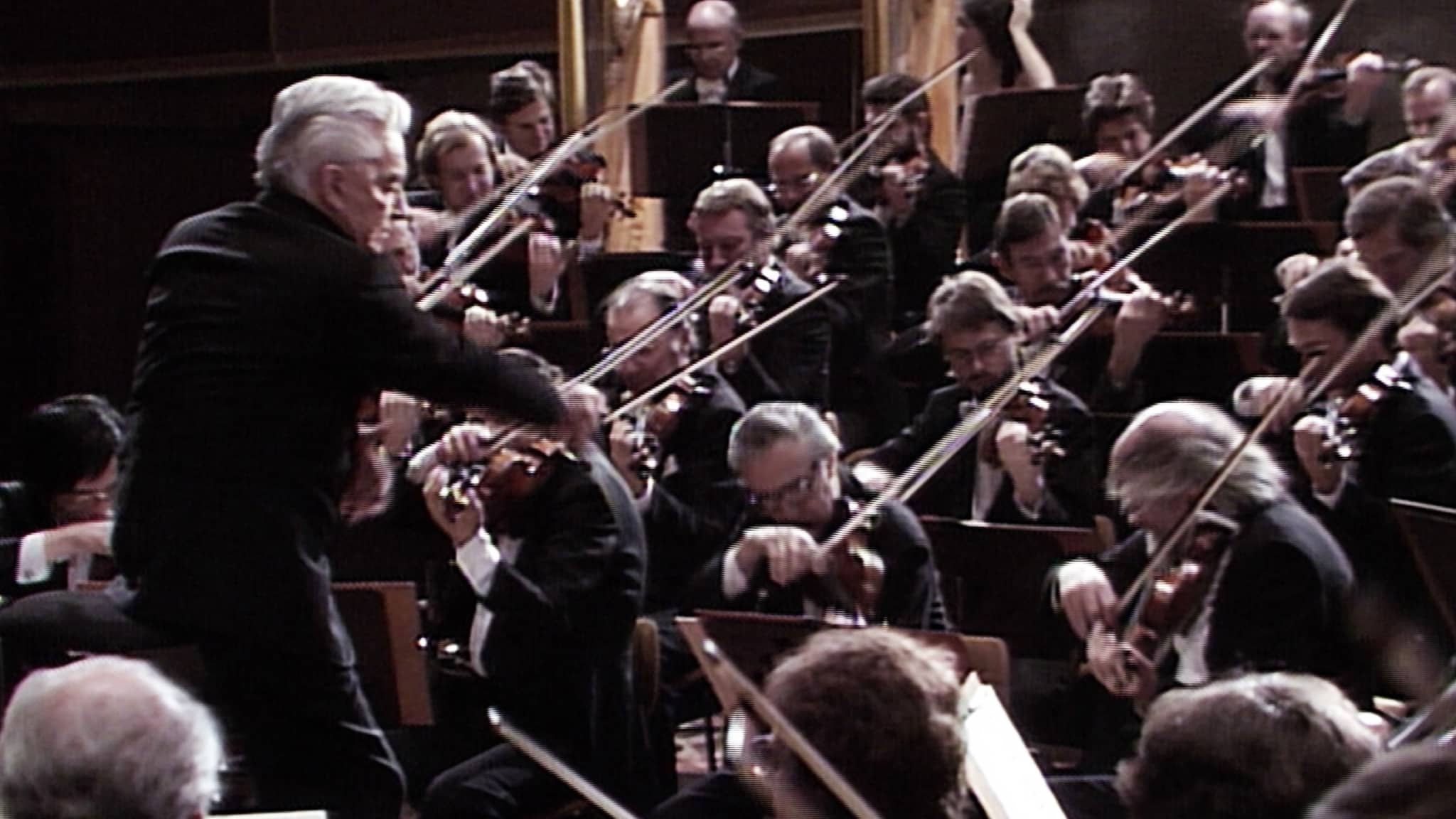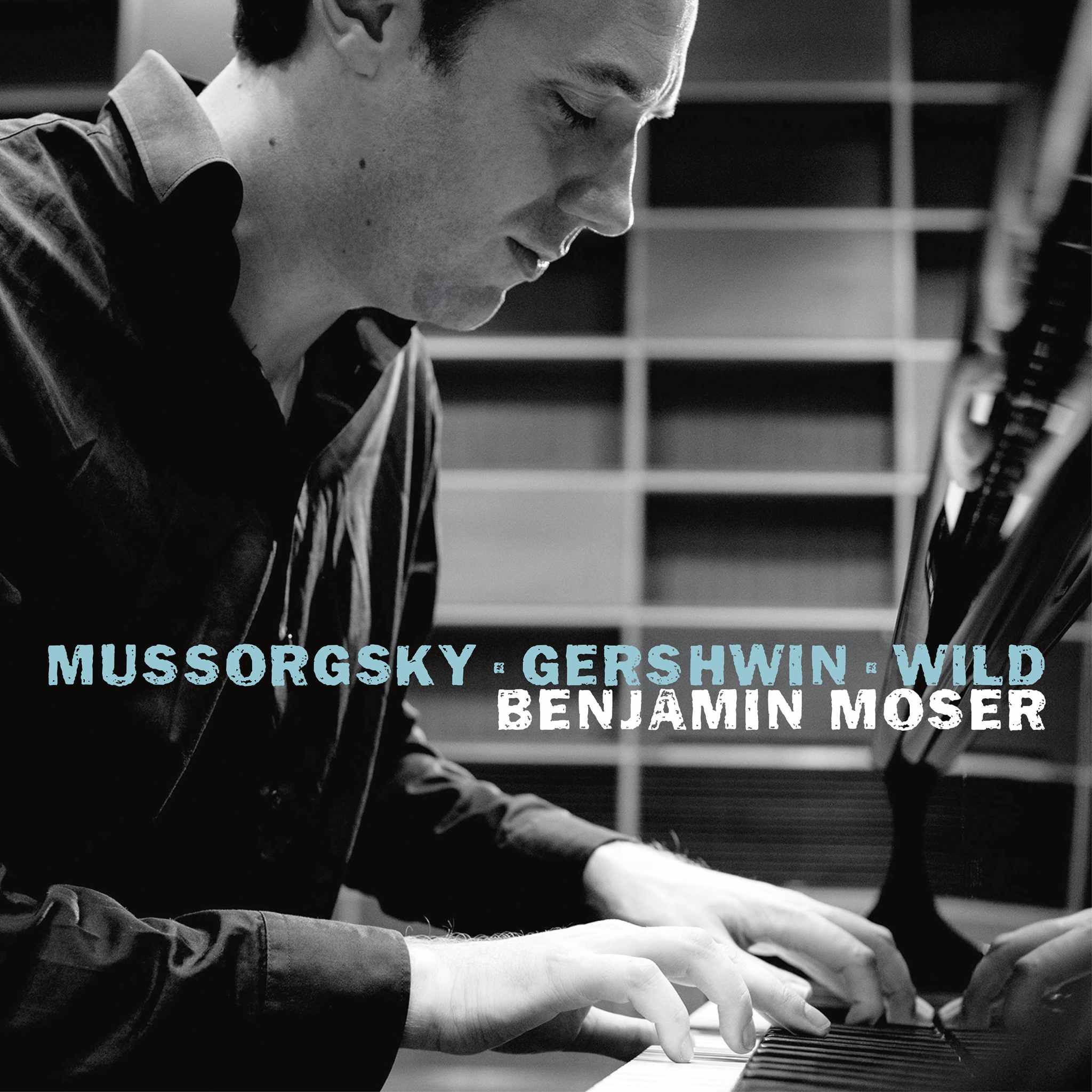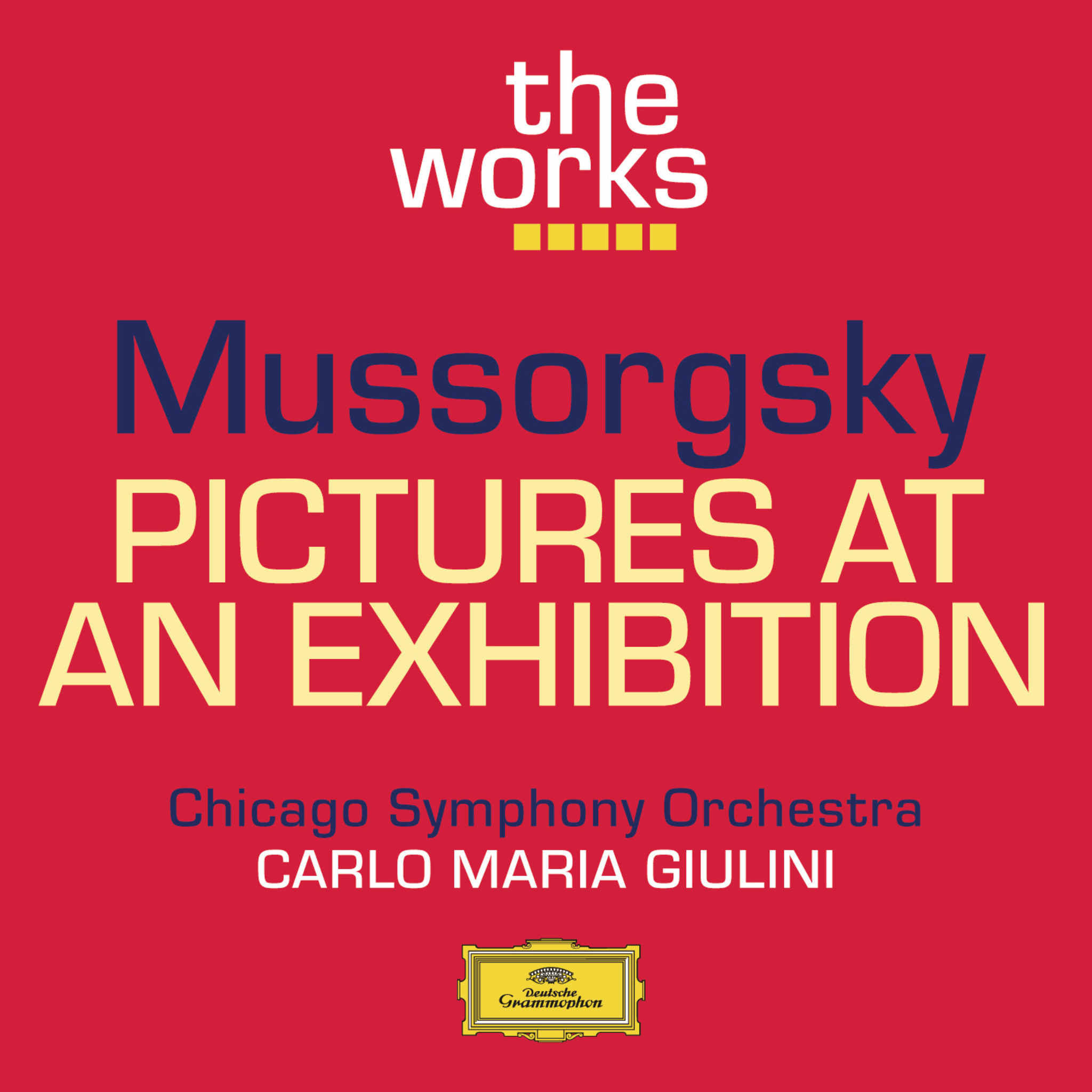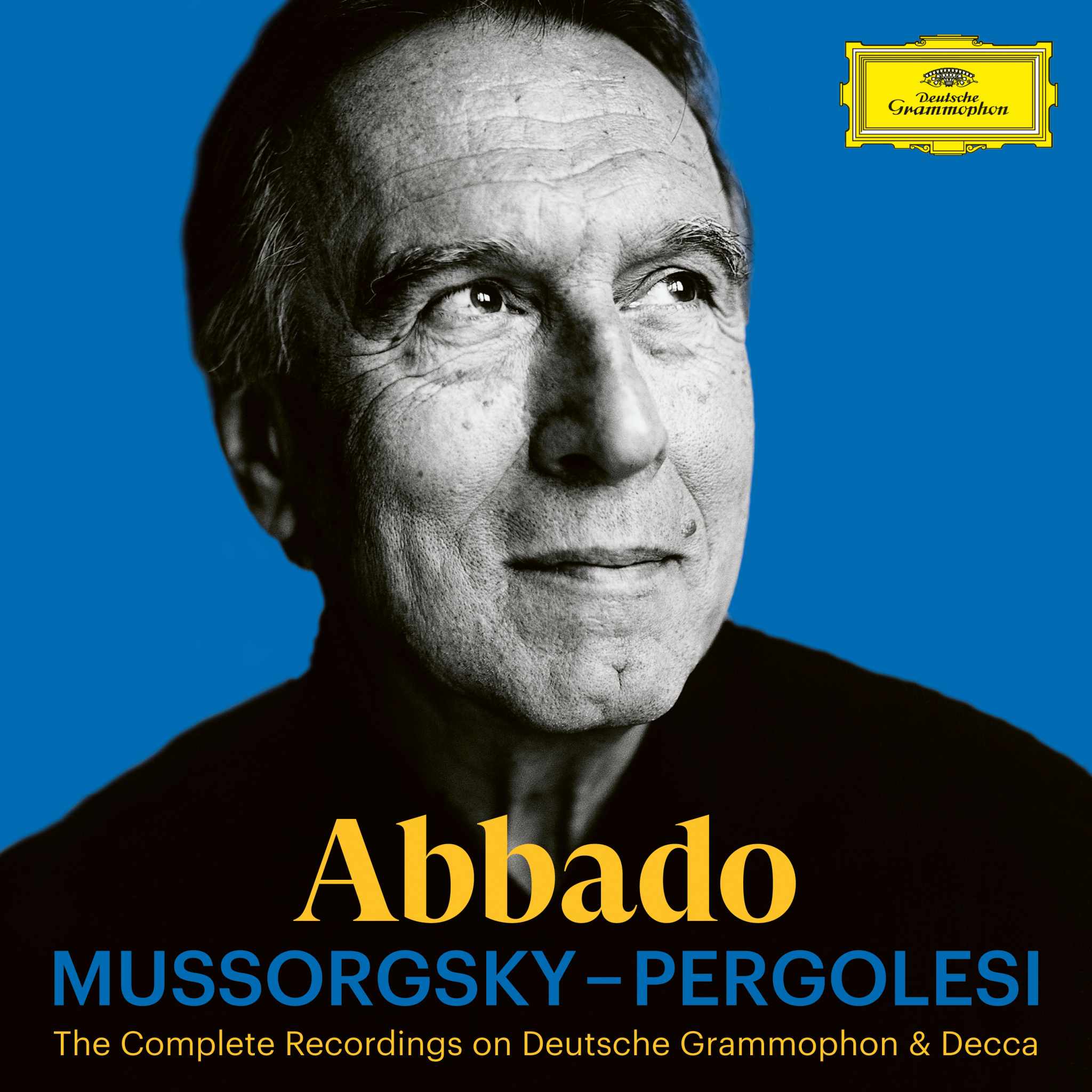The Creative Genius of Modest Mussorgsky: Life, Legacy, and Fascinating Works
Modest Petrovich Mussorgsky (1839–1881) was one of Russia’s most innovative and influential composers, renowned for his powerful musical depictions of Russian history, folklore, and landscapes. As a member of "The Five" (also known as "The Mighty Handful"), Mussorgsky was pivotal in forging a distinctively Russian style of classical music, setting himself apart from the Western European traditions that dominated the 19th century.
Early Life and Background
Mussorgsky was born in Karevo, in the province of Pskov, western Russia. His mother, an accomplished pianist, began teaching him piano at a young age, and by age nine, he was performing publicly. At age 13, he entered the Guards’ Cadet School in St. Petersburg, later joining the Russian army, but maintained his passion for music. Mussorgsky left military service in 1858 to dedicate himself fully to composition, joining a circle of nationalist composers guided by Mily Balakirev.
The Mighty Handful and Nationalism
Alongside Balakirev, César Cui, Nikolai Rimsky-Korsakov, and Alexander Borodin, Mussorgsky co-founded "The Five," aiming to develop a uniquely Russian school of classical music, distinct from Western influences. Mussorgsky’s drive to invent a new musical language was evident in his works, which often eschewed conventional harmony and form in favor of direct emotional expression and vivid storytelling.
Personal Struggles
Mussorgsky was known for his volatility and bouts of depression. His struggles with alcoholism affected his health and career, eventually leading to his dismissal from government service and contributing to his early death from an alcohol-related stroke at age 42.
Major Works and Legacy
Mussorgsky is best remembered for several groundbreaking compositions. His works were often revised or completed by others, notably "The Fair at Sorochinsk," which was left unfinished and completed by César Cui, but it was later further completed and orchestrated by others, notably Nikolai Tcherepnin. His music, including masterpieces like "Pictures at an Exhibition" and the opera "Boris Godunov," continues to be performed and celebrated today, bearing testament to his enduring legacy.
